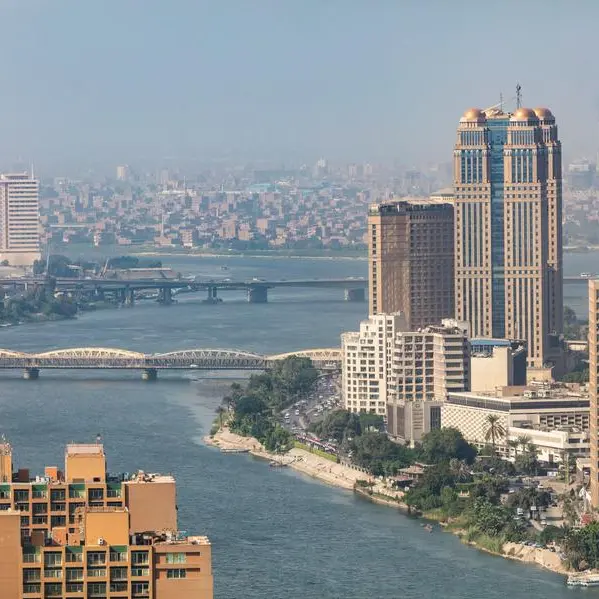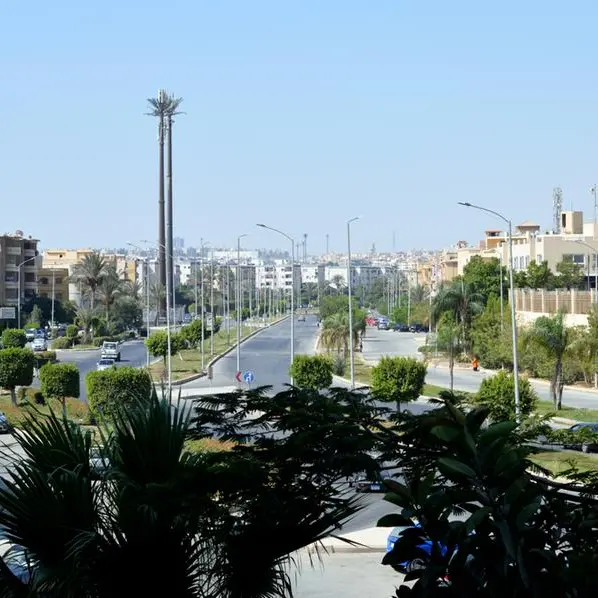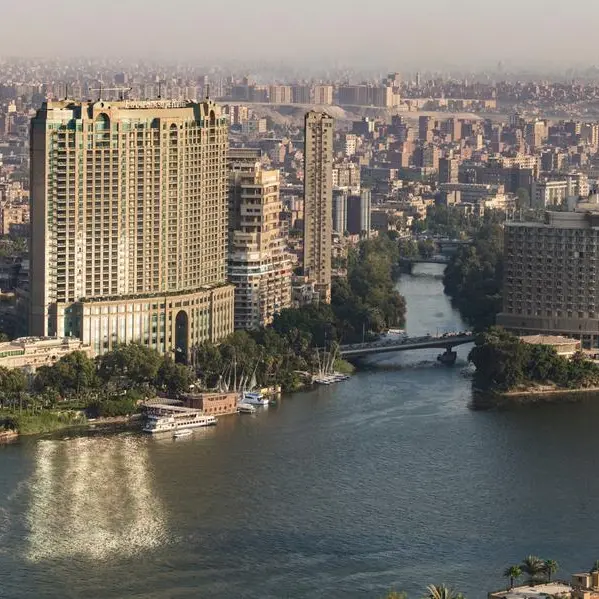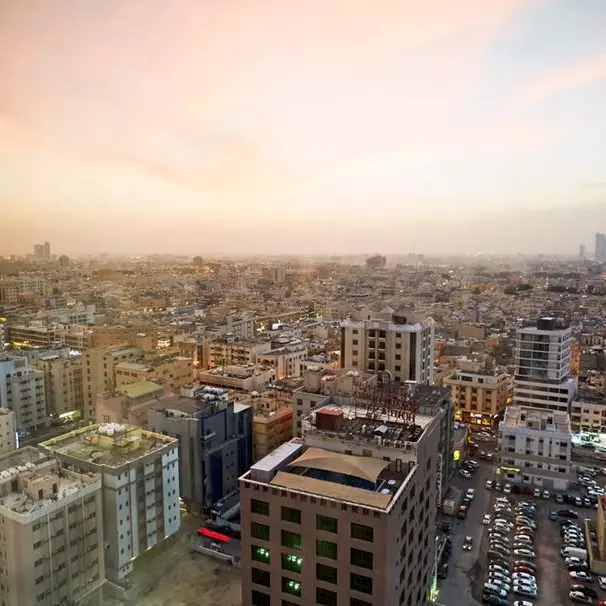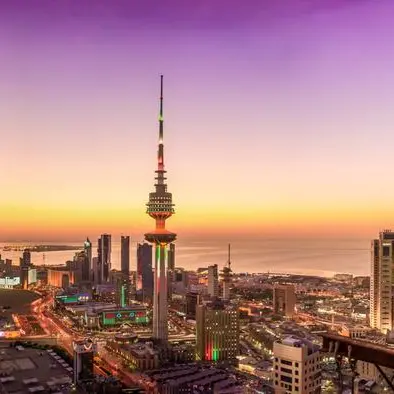PHOTO
Muscat- Deflationary momentum is persisting for the GCC economies as the region’s three largest economies – Saudi Arabia, the UAE and Qatar – are experiencing deep deflation and other GCC states have only been recording very mild inflation this year.
The consumer prices in the GCC overall fell into deflation for the first time since 2000 and are in the steepest period of decline in many decades, driven by rents and fuel, according to PwC’s Middle East Economy Watch report released on Sunday.
The GCC region as a whole recorded deflation or negative price increase in January to April this year.
The PwC analysis estimates that there was a shift from 1.3 per cent year-on-year inflation in December to -1.6 per cent deflation in January, deepening to -1.8 per cent in February, before easing to -1.4 per cent in April.
According to the report, the predominant driver of the GCC deflation is rents, which saw both the largest decline (-5.6 per cent overall in April) and is the largest component of the regional consumer price index (CPI) basket (28 per cent). A confluence of factors is causing this, including oversupply of property and a decline in expatriates population. Transportation saw the second largest decline and made the next largest contribution to overall deflation in the GCC economies.
The deflationary momentum began in Saudi Arabia and the UAE because the introduction of value-added tax (VAT) in 2018 created a high base for comparison. But what’s kept it going is a prolonged slump in housing costs that’s now putting broader price growth into negative territory, according to a Bloomberg report released last week.
“Will deflation persist in the Gulf? It’s unlikely to end until the excess capacity in real estate has been cleared. And there’s little sign that the clearing process has started in Saudi Arabia and the UAE where housing costs have continued to decline,” said Ziad Daoud, chief Middle East economist at Bloomberg Economics.
Richard Boxshall, senior economist at PwC Middle East said, “The regional deflation has happened despite the introduction of VAT in Bahrain and excise taxes in Qatar and would have been even steeper without these measures. There will be further policy boosts to prices later this year, including excise taxes in Oman and subsidy cuts in Bahrain.”
“However, it is looking likely that the region will see flat or falling prices for the year as a whole. Dubai stands out because its deflation is broad-based, spanning 83 per cent of its CPI basket. This may be due to its more competitive economy and could provide advanced notice of trends that will hit other GCC countries later in the year. Overall, deflation is a boon for consumers but will squeeze corporate profit margins and could stifle investment and growth,” Boxshall said.
The PwC report said that GCC deflation did ease in April, largely due to higher fuel prices, and may still prove to be a temporary quirk. However, there is a danger of deflation spreading to other sectors, as it has in Dubai, eroding corporate profits and harming growth.
A pause in interest rate rises in the US may give GCC central banks a welcome opportunity to boost liquidity and mitigate deflationary trends, the PwC report added.
© Apex Press and Publishing Provided by SyndiGate Media Inc. (Syndigate.info).

